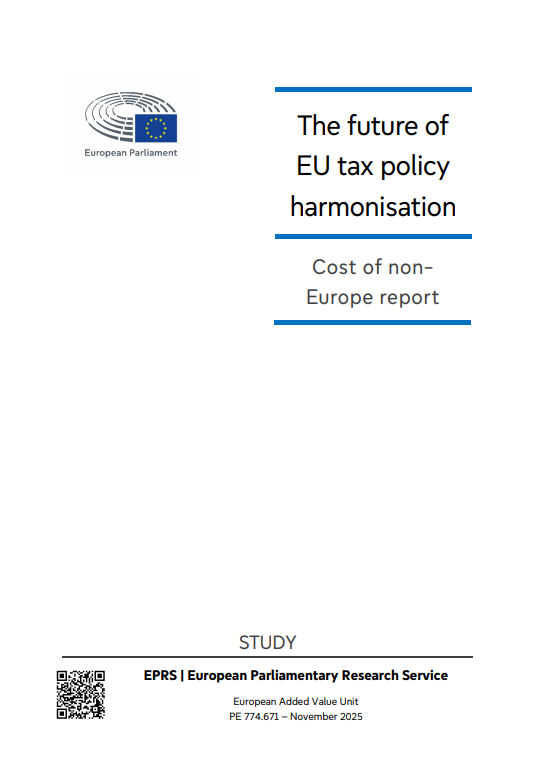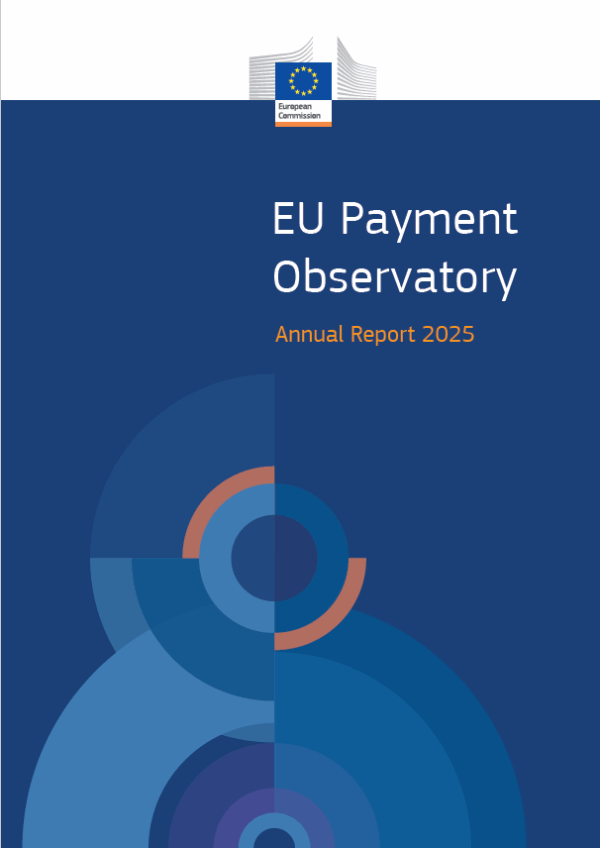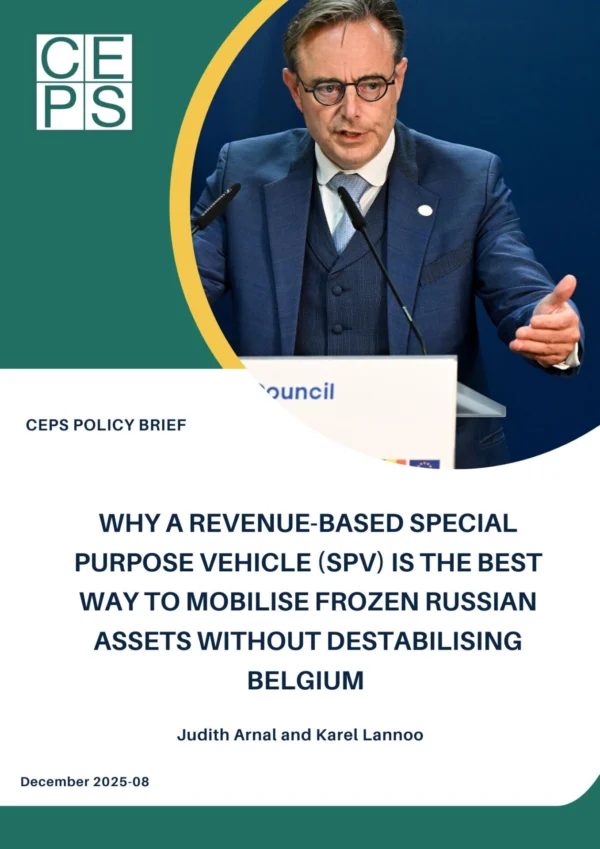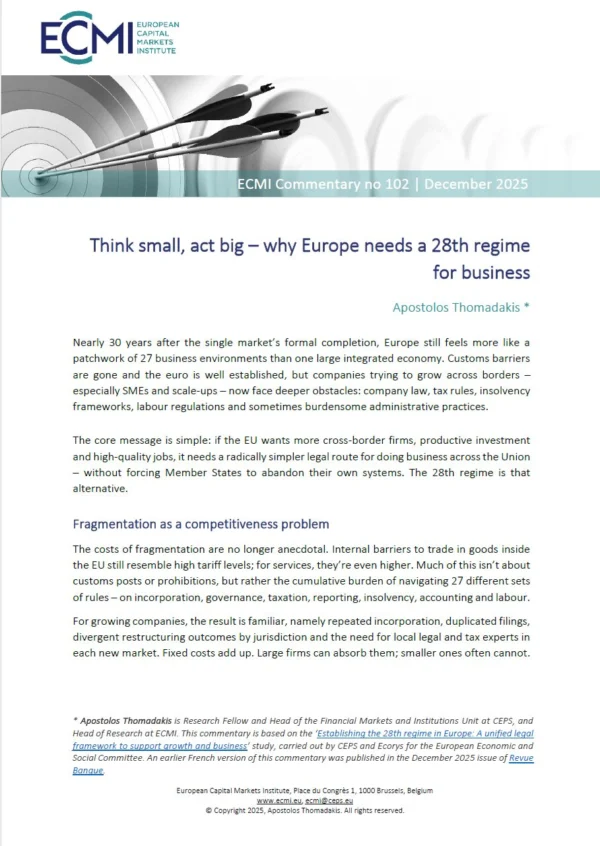Since tax policy remains largely national, differences in design and enforcement could weaken the single market and limit fair competition. The study examines how fragmented tax rules in the European Union could create economic and administrative costs – the ‘cost of non-Europe’ in taxation. It focuses on four areas: wealth taxation, cryptoassets taxation, digitalisation of tax administration, and tax compliance burdens.
The analysis finds that divergent wealth and inheritance taxes could allow arbitrage and legal uncertainty; inconsistent crypto tax rules and reporting standards risk revenue losses and unequal treatment; uneven digitalisation of tax administrations leads to gaps in enforcement capacity; and complex, non-aligned procedures impose disproportionate costs particularly on SMEs and cross-border firms.
Overall, the research shows that targeted EU-level coordination – such as common definitions, interoperable reporting systems and minimum administrative standards – could raise revenue, reduce compliance and enforcement costs, and support a more integrated and equitable internal market.
The study was originally published by the European Parliamentary Research Service (EPRS). Theresa Bührle, Iain Begg and Katerina Pantazatou also authored the study.








